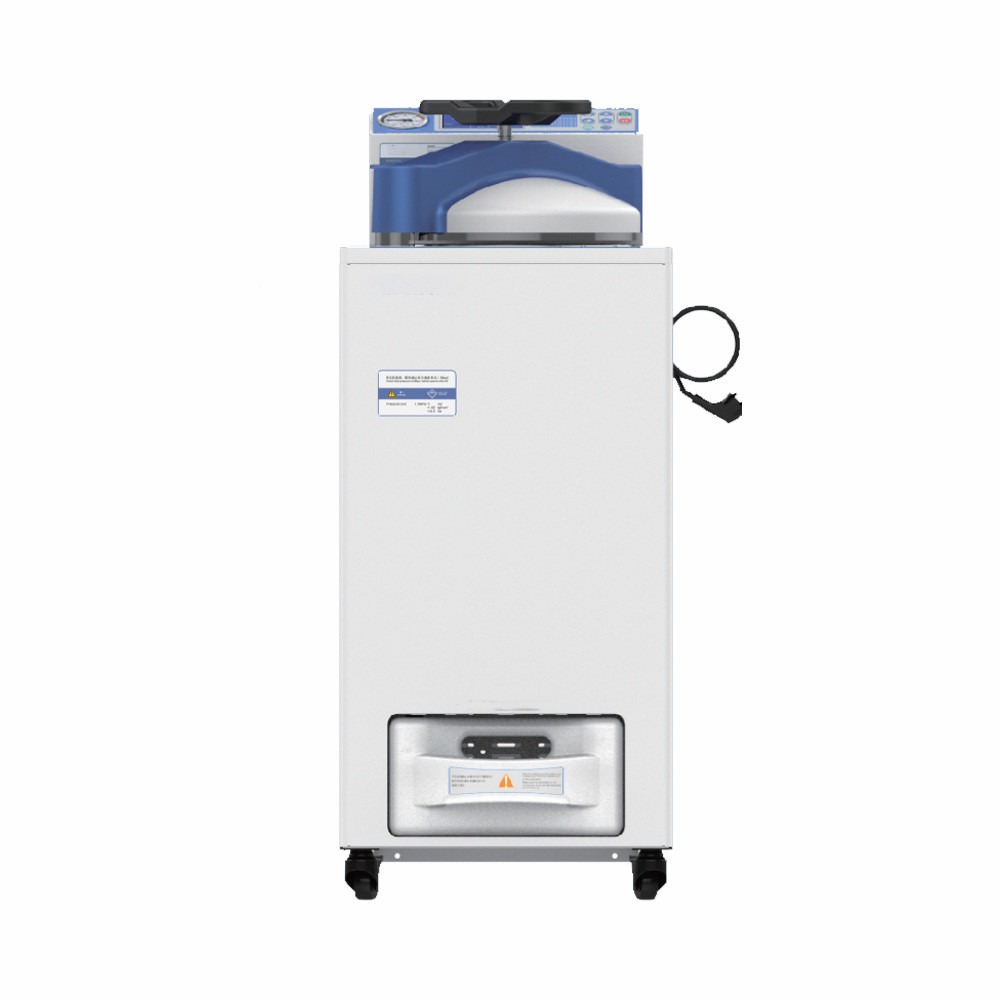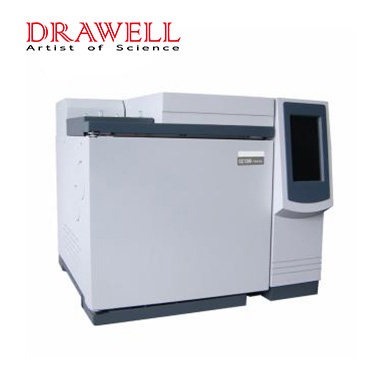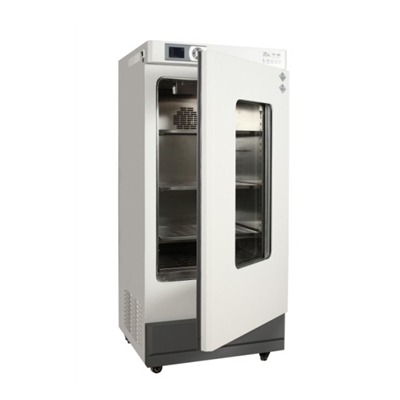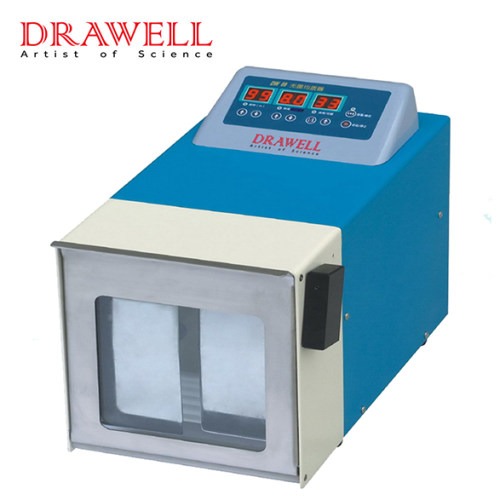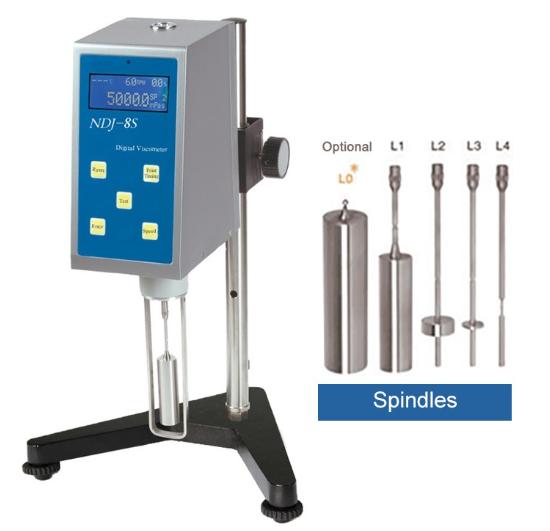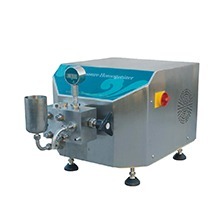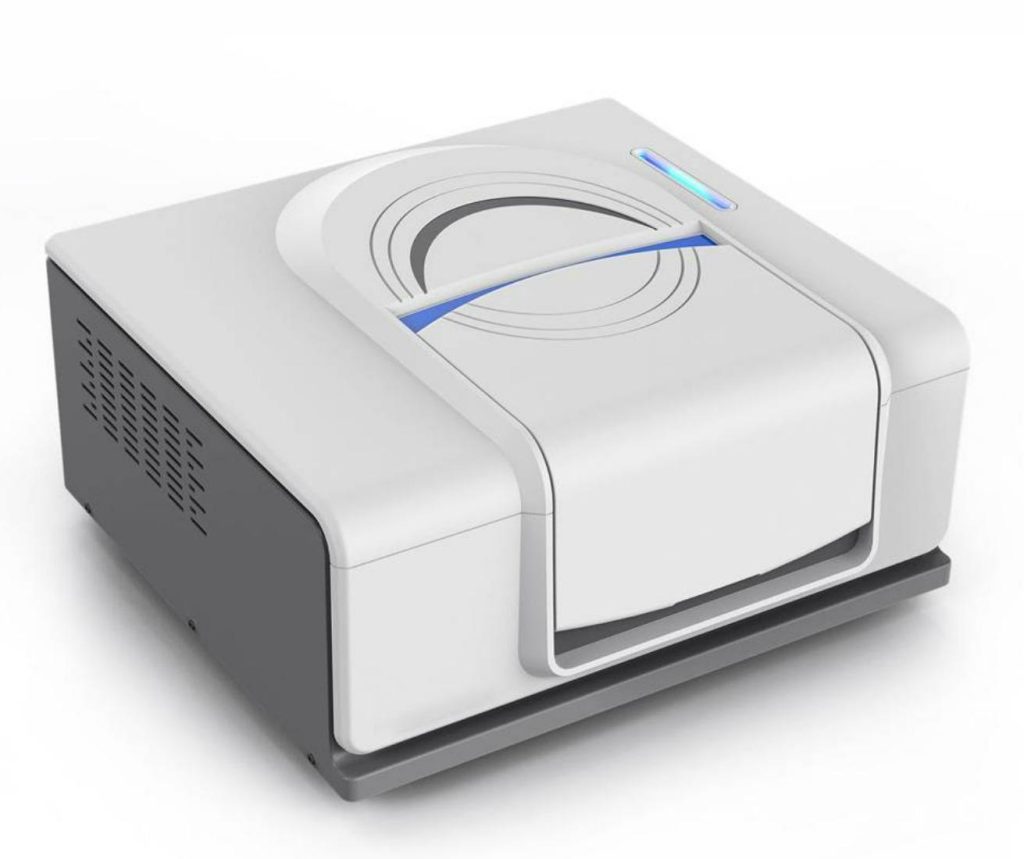News
Alloy Analysis with Drawell Handheld XRF Analyzers
Alloy analysis is crucial in various industries to ensure material quality, compliance with regulations, and the integrity of manufactured products. Among the many tools available for alloy analysis, Drawell Handheld XRF Analyzers stand out for their portability, accuracy, and ease of use. This article delves into the importance of alloy analysis, the different types of alloy…
Exploring Advanced Control Systems in Vertical Autoclaves: Enhancing Sterilization
Advanced control systems in vertical autoclaves represent a significant advancement in sterilization technology, offering precise control, enhanced safety, and improved efficiency. In this article, we delve into the evolution, key components and functionalities, benefits of advanced control systems in vertical autoclaves. Evolution of Control Systems in Vertical Autoclaves Traditionally, vertical autoclaves relied on manual controls, requiring operators to…
Application of Gas Chromatography in Formaldehyde Assessment
Formaldehyde is a ubiquitous chemical compound widely used in the production of resins, textiles, and disinfectants, and has significant industrial and environmental implications. But formaldehyde is also a known human carcinogen, presence in indoor and outdoor environments, as well as in various consumer products, necessitates accurate and reliable methods for its detection and quantification. Gas…
Biochemical Incubators and Mold Incubators: Key Differences and How to Choose
In scientific and industrial laboratories, incubators are essential for creating controlled environments to grow and maintain biological entities. Two prominent types of incubators are biochemical incubators and mold incubators. They are designed for distinct purposes and possess unique features that cater to their specific applications. This article highlights the primary differences between these two types of incubators, focusing on their…
How to Use a Lab Blender Stomacher Effectively in Microbiological Analysis
In the realm of microbiological analysis, the accuracy and reliability of sample preparation are pivotal. The lab blender stomacher has emerged as a crucial tool, streamlining the homogenization of samples ranging from food products to environmental specimens. This article aims to provide a comprehensive guide on effectively using a lab blender stomacher, ensuring precise and reproducible…
Comparing WDXRF and EDXRF: Which Spectrometer is Right for Your Needs
X-ray fluorescence (XRF) spectrometry is a powerful analytical technique used to determine the elemental composition of materials. Among the various types of XRF spectrometers available, Wavelength Dispersive X-ray Fluorescence (WDXRF) and Energy Dispersive X-ray Fluorescence (EDXRF) are the most common. Both methods have distinct technical attributes, advantages, and application areas, making the choice between them crucial depending…
The Power of Digital Viscometers: Simultaneous Measurement of Multiple Parameters
Viscosity measurement is a critical aspect of quality control and process optimization in many industries, from pharmaceuticals to petrochemicals. As technology advances, digital viscometers have evolved from simple devices measuring a single parameter to sophisticated instruments capable of simultaneous multi-parameter measurement. This innovation is revolutionizing how industries approach viscosity measurement, offering unprecedented accuracy, efficiency, and comprehensive data analysis….
The Role of High Pressure Homogenizers in Pharmaceuticals
High Pressure Homogenizers (HPHs) have become an indispensable tool in the pharmaceutical industry, revolutionizing the way drugs are formulated and produced. By applying extremely high pressures to substances, HPHs break down particles and create uniform, stable mixtures. This process is crucial for ensuring the effectiveness, stability, and bioavailability of pharmaceutical products. This article explores the reasons…
PCR in Forensic Science: Revolutionizing Criminal Investigations
Forensic science has been dramatically transformed by the advent of Polymerase Chain Reaction (PCR), a revolutionary technique that amplifies specific DNA sequences. PCR has become a cornerstone of modern forensic analysis, enabling the examination of minute and degraded DNA samples that were previously unusable. This article explores how PCR is applied in forensic science. Understanding the Basics of…
Sample Preparation for FTIR Analysis: Sample Types and Prepare Methods
Fourier Transform Infrared (FTIR) Spectroscopy is a powerful analytical technique used to identify organic, polymeric, and, in some cases, inorganic materials. The success of FTIR analysis hinges on proper sample preparation, which ensures that the sample interacts with the infrared light in a way that produces clear and interpretable spectra. This article provides an overview of…



